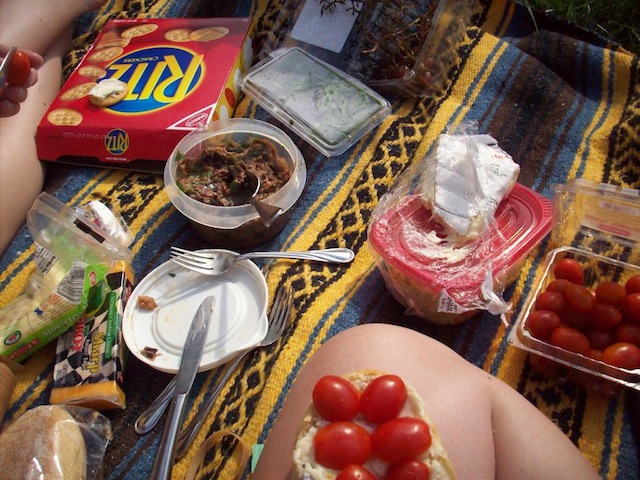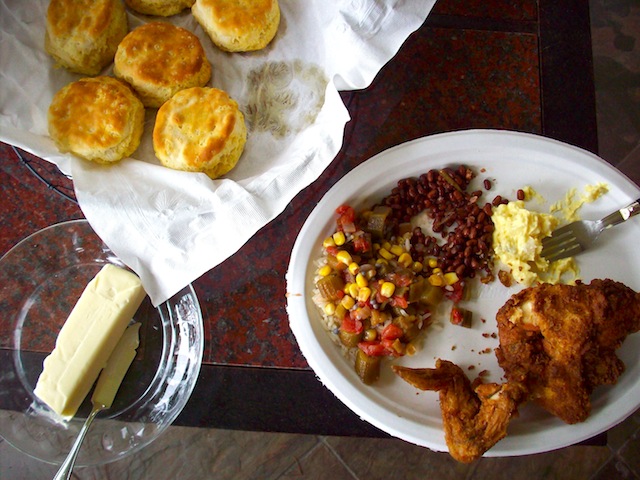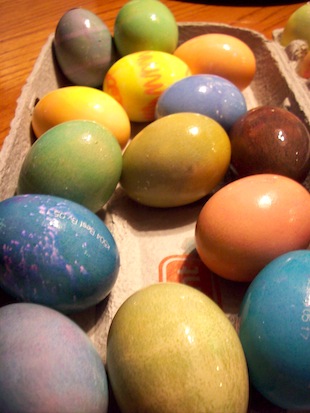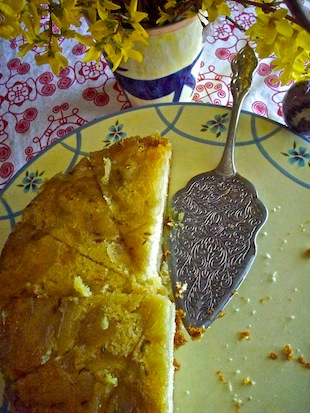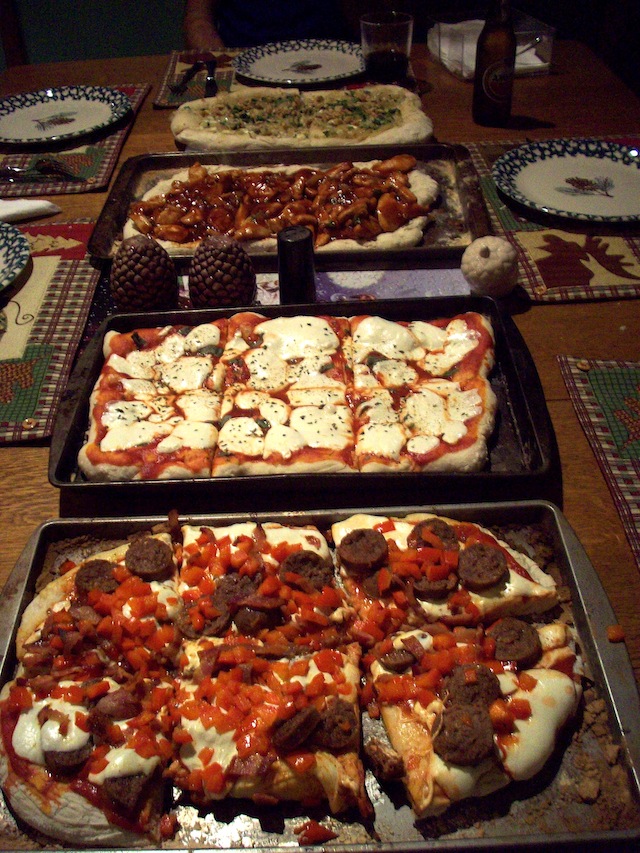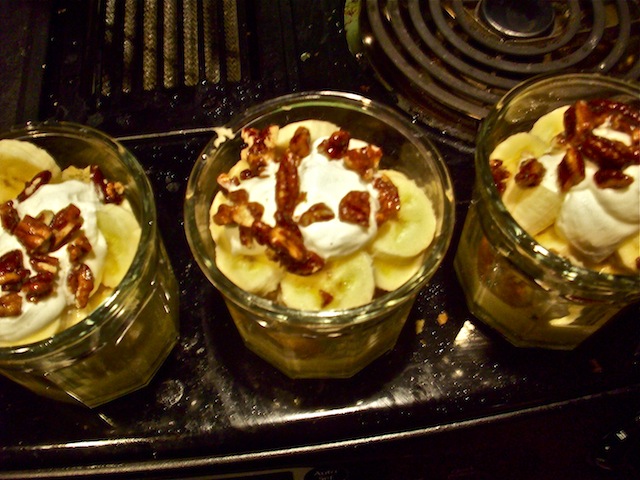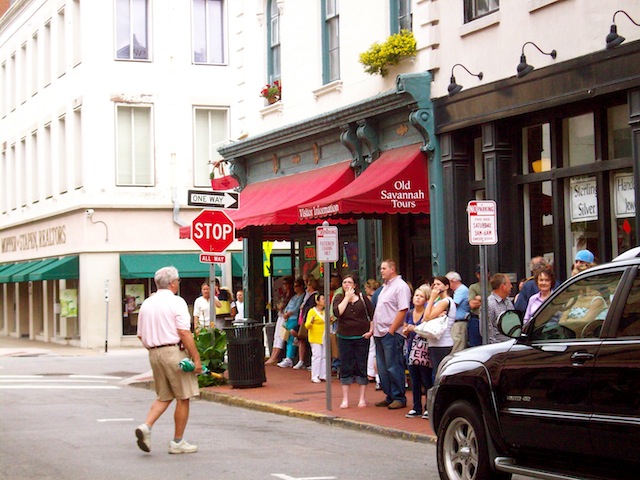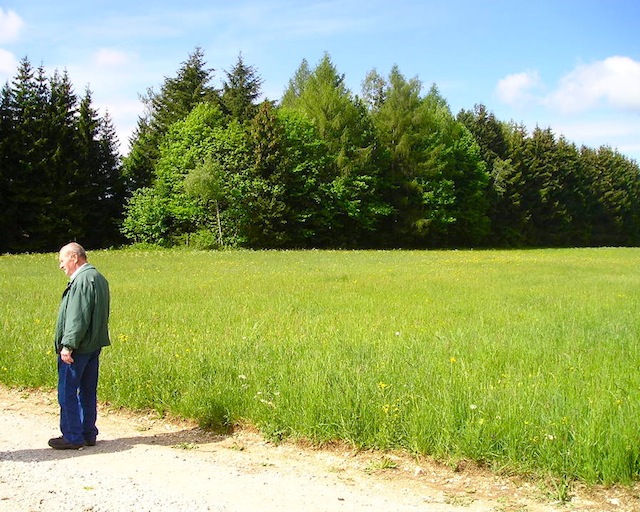
I grew up speaking in German, and I grew up eating anything but. Schnitzel, sauerkraut, bratwurst? Never. If it was puddled in butter, wrapped in gravy, or leaking grease, my mother did not make it. I remember her once exclaiming about German food, “It’s all so heavy! They even cook the peas in cream!” So I grew up eating couscous and bulgur, slow-cooked stews, stir-fry, and salmon. But not a single Spätzle graced our table.
This was all ok with me. My father is from Germany, so my rare cravings for Würstchen and Läberkäs were satisfied on our trips to the country every two years or so. And while my brothers seemed never to get enough schnitzel (seriously, never enough), I was maxed out on potatoes by day three.
Still, some of my strongest (and fondest) childhood memories center around German food. My grandfather owns a piece of property on the Schwäbische Alb, a low mountain range in the South of Germany comparable to the weathered Appalachians. Every available Pfister would gather, and we’d have a bonfire and roast as many types of wurst as Aldi and Lidl had on sale.
There would be loaves of fresh, crusty bread, potato salad done in the German style with vinegar, oil, salt, Kräutersalz, and onion, Fleishsalat (strips of bologna mixed with mayonnaise, gouda, eggs, and pickle), cucumber salad, and beer – lots of beer. For the kids, there was süsser Sprudel and gelber Sprudel, both sweetened types of seltzer water.
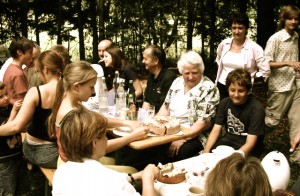
The grown ups would sit around the fire and gossip, while we cousins ran around the woods building houses out of bark, moss, and small stones for elves or catching crickets in the sunny neighboring field. Bocce ball was popular with everyone, and for some inexplicable reason, the kids fought over the right to mow the lawn with a rickety, unmotorized push-mower with scissoring blades. » Continue reading this post...
